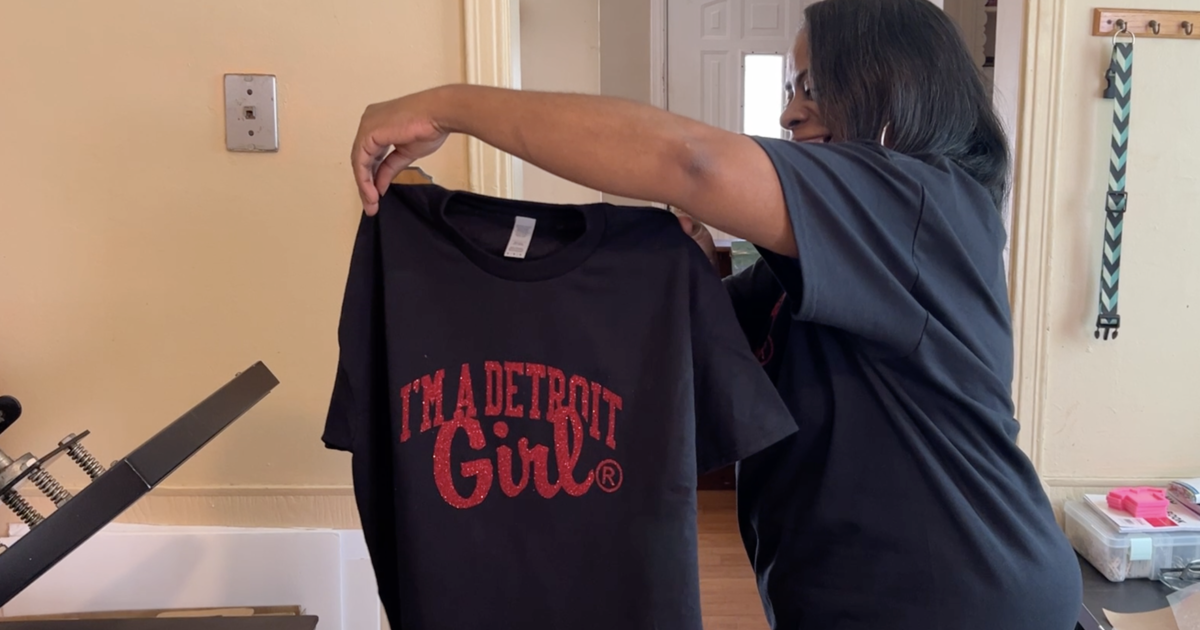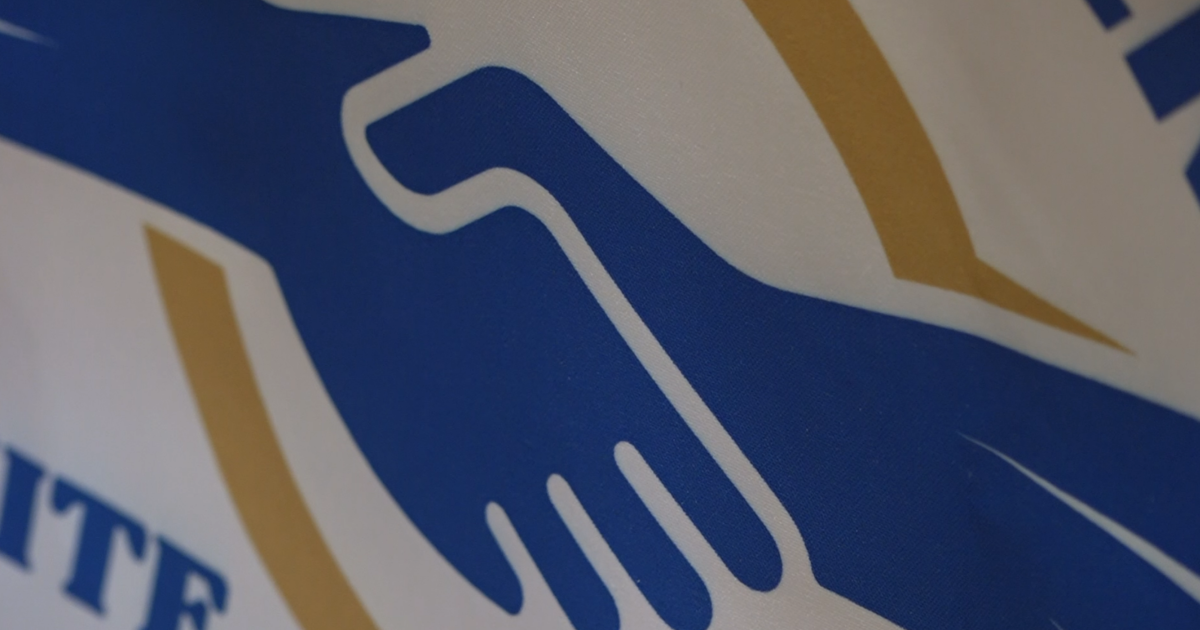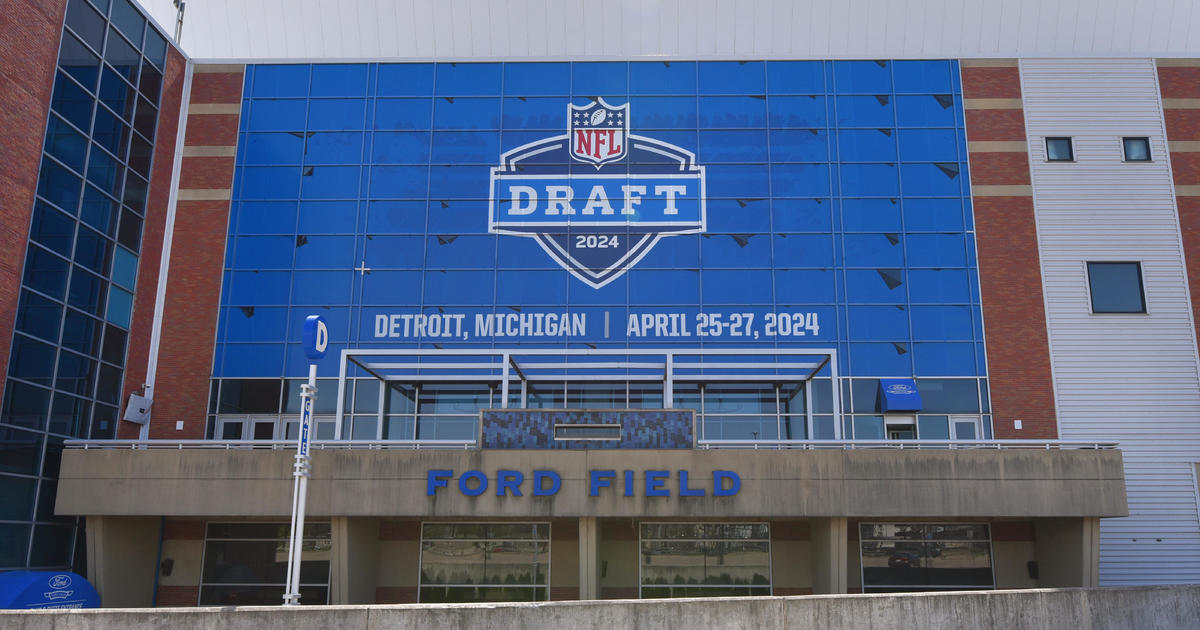So-Called Healthy Foods That Will Rob You Of Your Performance
As the old saying goes, "You are what you eat." This maxim holds especially true when it comes to athletic performance. Unfortunately, some of the foods that seem like top choices for fueling your body might actually be holding you back.
Fiber
Make no mistake about it: Fiber is part of a healthy diet. The issue with fiber and performance isn't a matter of whether you should consume it, but when you consume it. A high-fiber meal eaten too close to an athletic endeavor can result in an upset stomach. No one wants to be slowed down by an unsettled belly or abdominal cramping, so time a high-fiber meal for at least two hours ahead of your event. If you need a little something to eat shortly before your event, take care to select low-fiber foods.
Energy Bars
Athletes need energy, and energy bars can be a convenient source of protein and carbs. Just because a bar is marketed toward the fitness crowd, however, doesn't mean it is the best way to fuel your body. These snacks are often loaded with sugar, fat and calories. Nuts and whole fruits are less processed, contain fewer questionable ingredients and still share the appealing grab-and-go quality of a packaged bar.
Cheese
Animal products, such as eggs, meat and cheese, can be a valuable source of protein, which is important for optimal performance. However, these items are also high in fat, and consuming fatty foods before an athletic event can hinder your performance. Fat isn't digested as readily as protein and carbohydrates. The energy that your body invests in the digestion process detracts from the amount of energy that can be directed toward athletic exertion. Consumed shorty before a workout or race, high fat foods will leave you feeling sluggish and slow. You do need to have a good source of protein in your diet, but limit the amount of fatty foods you eat, and certainly don't eat them right before an event.
Sports Drinks
A bottled sports drink will provide hydration before or after exercise, but so will plain water, and unlike sports drinks, water is free of sugar and calories. Sports drinks can help replenish electrolytes, but unless you're exercising under circumstances that will leave you in need of major rehydration — such as working out for more than 60 minutes or running on a particularly warm day — the drawbacks of sports drinks won't outweigh their benefits. For most situations, water will do just fine.
Protein Supplements
Yes, athletes need protein, but most can get the protein they need from the food that they eat. Loading up with more and more and more protein isn't a magic bullet for building a strong body and major muscles. Not only that, but there are risks involved with protein-overloading, as too much of it is hard on both your kidneys and your bones.
Instead of relying on supplements, take care to incorporate plenty of protein into your diet, especially from lean sources such as poultry, seafood and beans. Carbohydrate-rich foods, often considered the foundation of an athlete's fueling, can also contain protein.
Meghan Ross is a freelance writer covering all things home and living. Her work can be found on Examiner.com.



